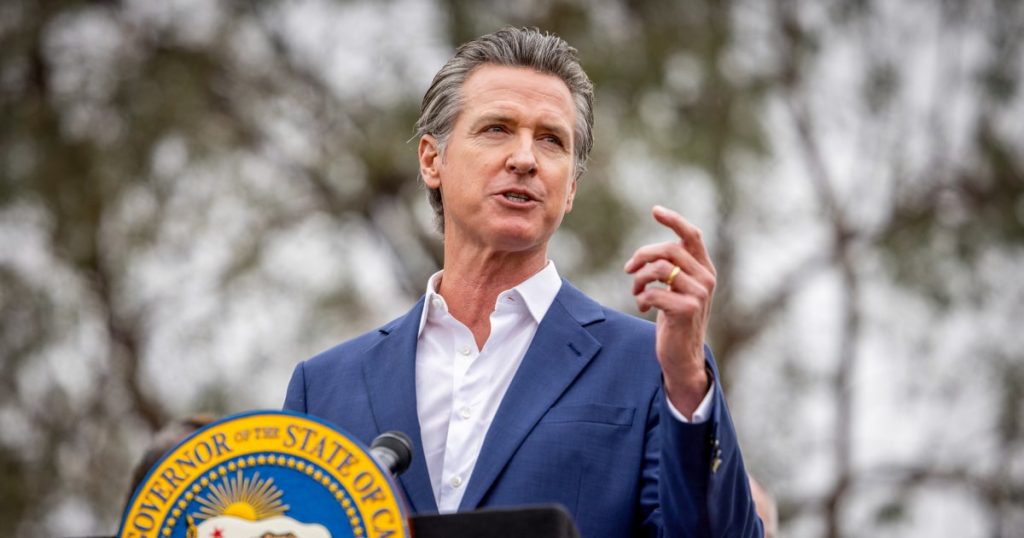In California, Governor Gavin Newsom recently vetoed a bill that would have helped Black families reclaim or be compensated for property that was unjustly taken by the government. The bill aimed to create a process for families to file claims if they believed their property was seized through eminent domain due to discriminatory motives without fair compensation. However, the bill was not able to take full effect as another bill to create a reparations agency to review claims was blocked by lawmakers. Newsom cited the nonexistence of this agency as the reason for his veto, making it impossible to implement the proposed provisions and requirements.
The veto of this bill was a setback for the California Legislative Black Caucus, which had backed a package of reparations bills in an effort to address historical racial injustices. Apart from the eminent domain bill, the caucus also supported other proposals, including requiring the state to formally apologize for slavery and its impacts, improving protections against hair discrimination for athletes, and combating the banning of books in state prisons. The caucus has been advocating for reparations as a means of atoning for decades of policies that have driven racial disparities for Black Americans.
The bill to address eminent domain issues was introduced by Democratic state Sen. Steven Bradford after a beachfront property in Los Angeles was returned to a Black couple a century after it was taken from their ancestors. Bradford viewed his proposal as a crucial part of a framework for reparations and correcting historic wrongs. Additionally, Bradford introduced other bills to create an agency to help Black families research their lineage and implement reparations programs that become law, as well as a measure to create a fund for reparations legislation. However, the Black caucus blocked the agency and fund bills from receiving a final vote in the Assembly, citing concerns about oversight of the agency’s operations.
The Newsom administration had been advocating for the agency bill to be transformed into legislation allocating $6 million for California State University to study how to implement the reparations task force’s recommendations. The administration’s proposed amendments to the bill were shared by Bradford’s office, but ultimately the bills did not move forward due to the blockade by the Black caucus. Newsom’s office refrained from commenting on the reparations agency and fund proposals, stating that they typically do not publicly weigh in on pending legislation. This move highlighted the challenges and complexities involved in the legislative process surrounding reparations and addressing historical injustices.


